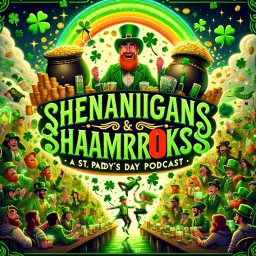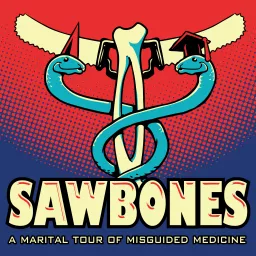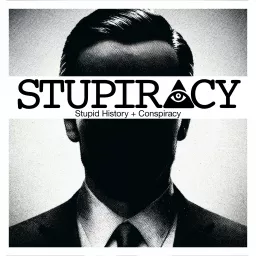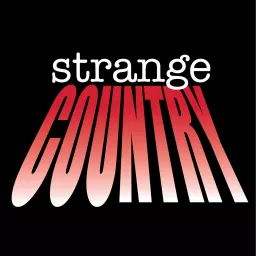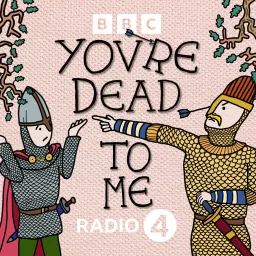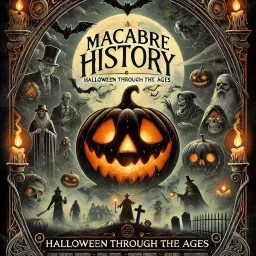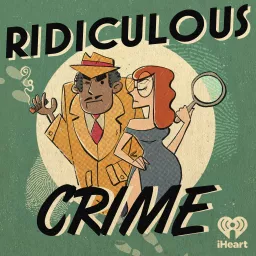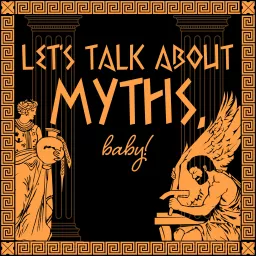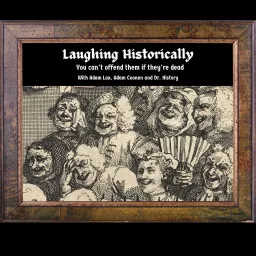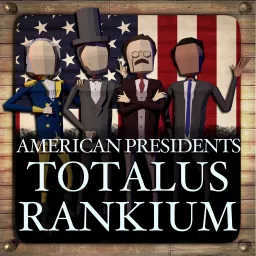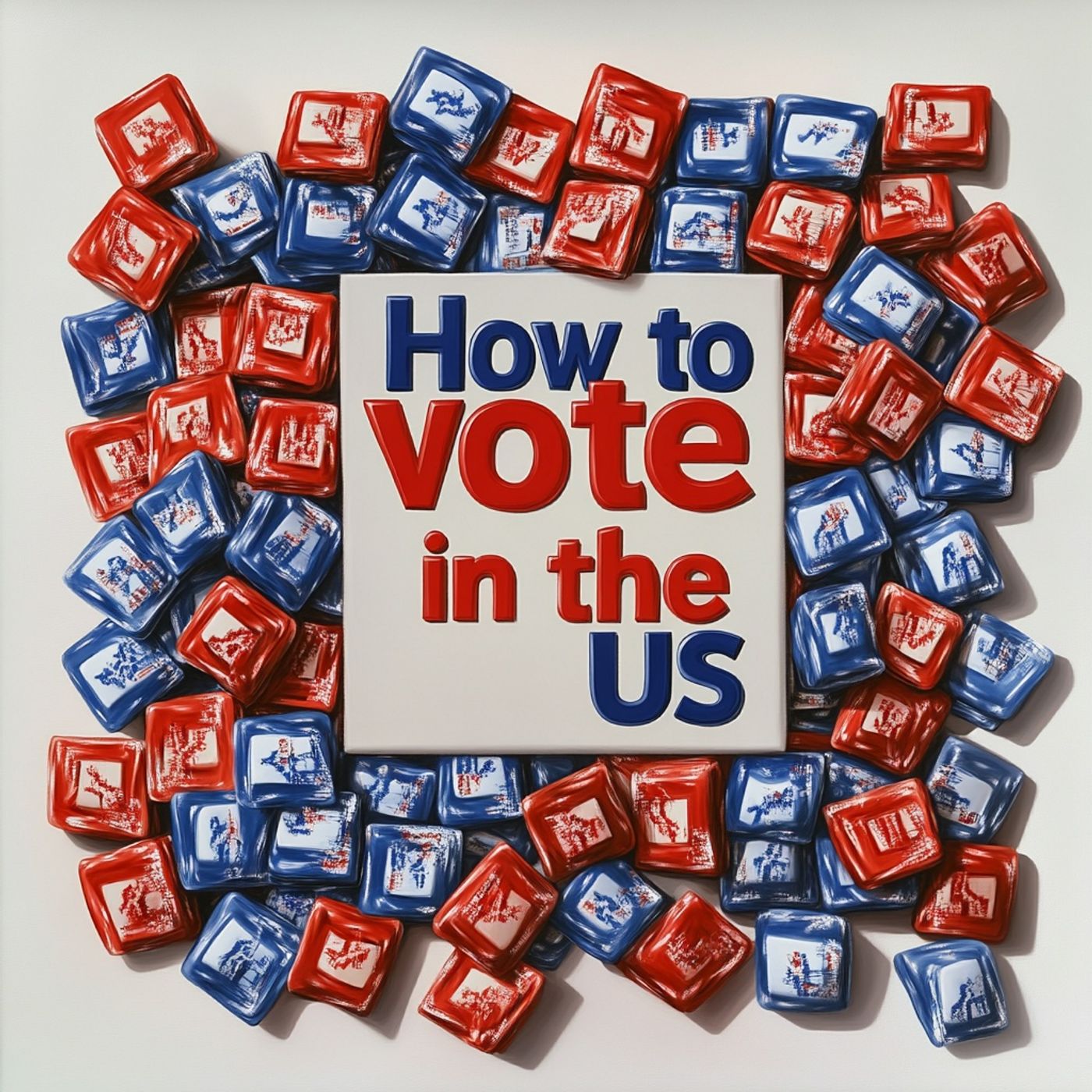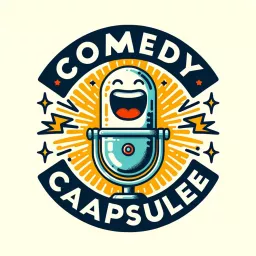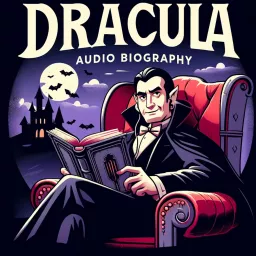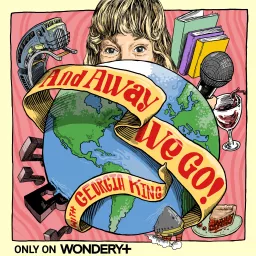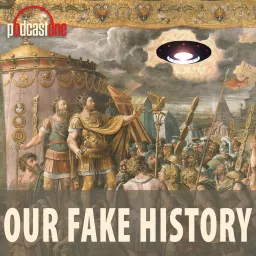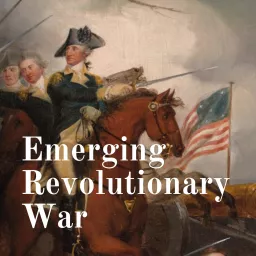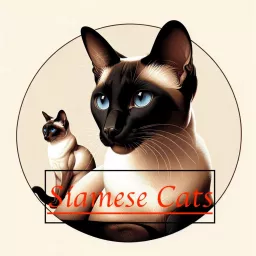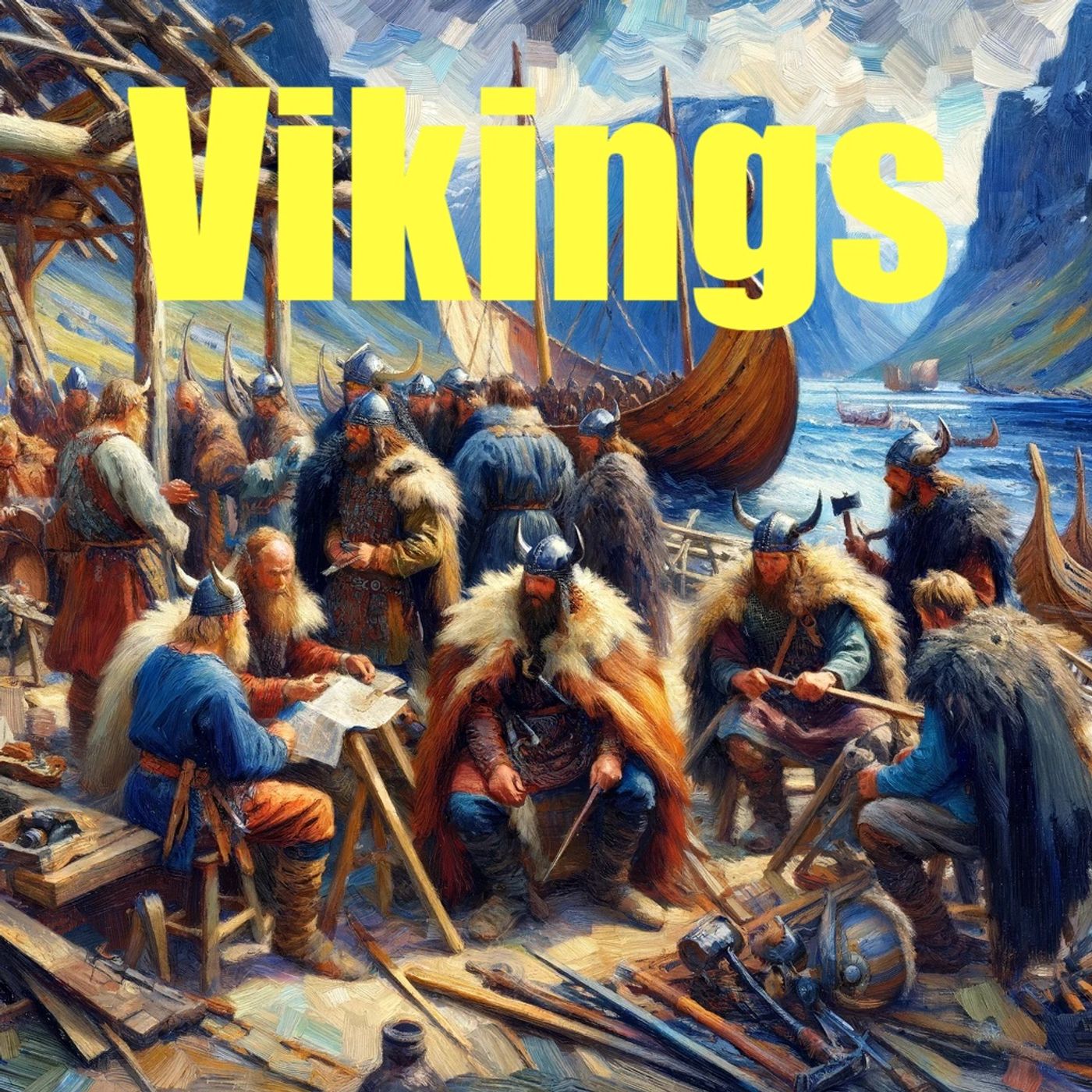April Fools Day! Origins of an International Tradition
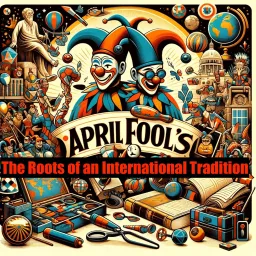
The origins of April Fools' Day remain shrouded in mystery, but the tradition of playing pranks on the first of April has been observed since at least Renaissance Europe, with roots that likely extend even further back in history. Despite numerous theories attempting to trace the holiday's beginnings to ancient Roman festivals like Hilaria or to the reign of Emperor Constantine, conclusive evidence supporting these claims is scarce.
One oft-repeated story, itself an example of an April Fools' hoax, suggests that the holiday began in France in 1564 when King Charles IX officially moved the celebration of the New Year to January 1st. According to this tale, those who resisted the change or simply forgot about it continued to celebrate during the week ending on April 1st, thus becoming the target of mockery and foolish gifts or invitations to nonexistent parties. However, this story lacks historical evidence and is more likely an intriguing speculation than a factual account.
The earliest unambiguous reference to April Fools' Day can be found in a 1561 Flemish poem by Eduard De Dene. In this work, a nobleman sends his servant on a series of absurd errands on April 1st, establishing a tradition of "fool's errands" that remains popular to this day. This type of prank, which involves sending someone on a fruitless quest for a nonexistent object or person, has endured for centuries as a classic April Fools' Day joke.
In England, the first mention of the holiday comes from antiquarian John Aubrey, who referred to it as "Fooles Holy Day" in his 1686 work, "Remaines of Gentilisme and Judaisme." A few decades later, in 1760, Poor Robin's Almanac speculated about the origin of the day, admitting that neither the author nor the people themselves knew why it was celebrated. This early reference highlights the long-standing mystery surrounding the holiday's roots.
Across the Atlantic, a 1771 diary entry by Anna Green Winslow in Boston demonstrates that April Fools' Day was well-known in both Canada and New England by the late 18th century. Green's playful entry, in which she reminds her mother of a prank played by her father three years earlier, showcases the holiday's role in fostering lighthearted family humor.
As the 19th century progressed, April Fools' Day became increasingly widespread and popular, with frequent references appearing in newspapers and magazines. Pranks evolved into more elaborate forms, often depicted in political cartoons and illustrations of the era. Three common artistic representations emerged: a brick placed under a hat on a sidewalk, tempting passersby to kick the hat; a desirable object tied to a hidden string, yanked away by a concealed prankster when someone attempted to claim it; and a heated coin left for unsuspecting individuals to pick up, resulting in a painful surprise.
The holiday also found its way into folksong, as evidenced by the ballad "Campbell the Drover" or "The First Day of April." This tune, collected by Alan Lomax in Michigan in 1938, recounts the tale of an clever Irishman who outsmarts his English neighbors in a battle of April Fools' trickery. The song's popularity demonstrates the enduring appeal of the holiday's mischievous spirit across cultural boundaries.
In the United States, April Fools' Day has long been a favorite among schoolchildren, who delight in playing pranks on their teachers. One common trick, recalled by Dr. Samuel Lathan from his school days in the 1850s, involved locking the teacher out of the school altogether. This tradition persisted well into the 20th century, as evidenced by a 1968 interview with an African American student in Washington, D.C., who recounted a classmate's prank involving tacks on the teacher's chair.
Today, April Fools' Day remains a widely celebrated holiday, with people across the globe continuing to engage in pranks and hoaxes both online and in the real world. From fake news articles to elaborate corporate stunts, the spirit of the day has adapted to modern times while retaining its essential character.
Despite the holiday's mysterious origins and the many theories surrounding its beginnings, the custom of fooling and being fooled on April 1st has endured for centuries. It has become an international tradition that brings laughter, joy, and a sense of lighthearted camaraderie to the start of spring.
As we continue to observe April Fools' Day, it is worth reflecting on the enduring power of this seemingly frivolous holiday. In a world often marked by seriousness and strife, the opportunity to engage in harmless mischief and to laugh at ourselves and with others serves as a valuable reminder of the importance of humor and playfulness in our lives.
Moreover, the holiday's longevity and global appeal speak to the universal human need for levity and the shared experience of being both the fool and the fooler. April Fools' Day, in its own unique way, binds us together across cultures, generations, and geographical boundaries, reminding us of our common humanity and the timeless joy of a well-executed prank.
As we look to the future, it is likely that April Fools' Day will continue to evolve and adapt to new technologies and social norms. Yet, at its core, the holiday will remain a celebration of the human spirit's capacity for creativity, humor, and resilience. In a world that can often be unpredictable and challenging, April Fools' Day offers a welcome respite and a chance to embrace the lighter side of life.
So, as we approach each new April 1st, let us embrace the opportunity to indulge in a bit of harmless tomfoolery. Whether we find ourselves on the giving or receiving end of a prank, let us remember the rich history and enduring spirit of this beloved holiday. And let us continue to pass down the tradition of April Fools' Day to future generations, ensuring that the laughter and merriment it brings will endure for centuries to come.
In conclusion, April Fools' Day, with its enigmatic past and centuries-old traditions, stands as a testament to the enduring power of humor and the universal human need for laughter and lightheartedness. As we continue to observe this holiday, let us celebrate the joy, creativity, and sense of community it fosters, and let us embrace the opportunity to add our own unique contributions to its ongoing story. Thanks for listening to Quiet Please. Remember to like and share wherever you get your podcasts.

